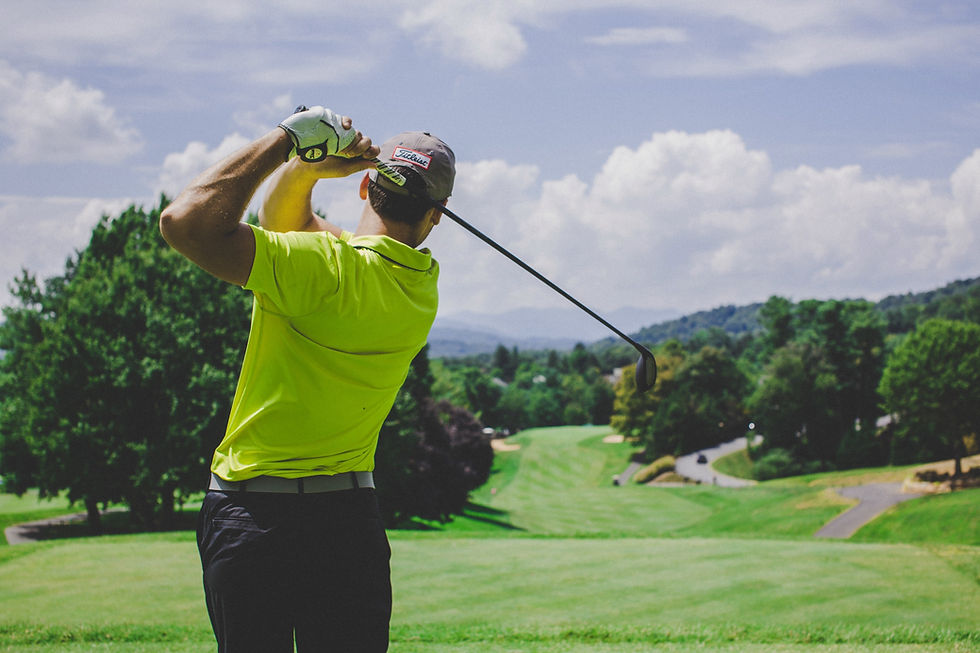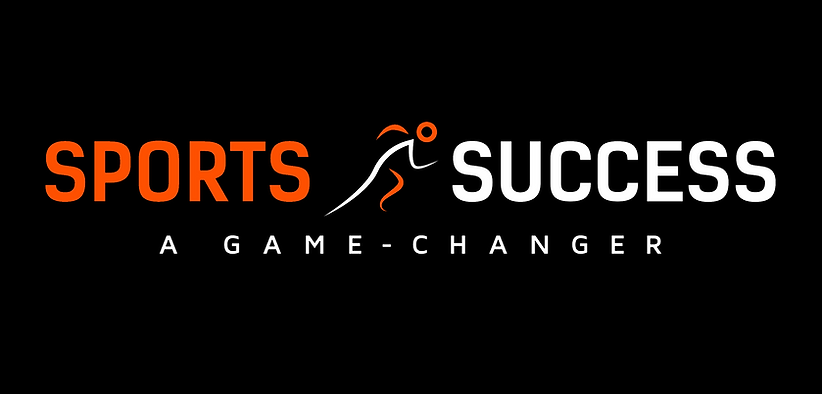3 Steps For You To Become an Elite Athlete
- Dr Kay Green PhD

- Jan 19, 2021
- 3 min read
Updated: Mar 20, 2024

How do you develop into an elite athlete?
What characteristics do elite athletes have that creates their consistently high performance?
1. Elite athletes have game intelligence skills that give them the ability to anticipate and to make the right decisions at the right time. They have a subconscious intuition that picks up micro-movements in their opponent's body language. The more seasoned players have this subconscious intuition of where they need to be, and what they need to do, and they respond instantaneously. Wayne Gretzky named as the greatest hockey player ever, said, "To be a winner, you don't skate to where the puck is, you skate to where it will be."[1] The “Greats“ have subconscious intuition.
Picture a tennis ball coming at you at 220 km/h; elite athletes pick up unconscious (outside their conscious awareness) specific cues to play the winning shot most of the time. What do they do differently from the average athletes? We know from neurobiological research that elite athletes' minds take in vast amounts of information about their opponents' body language; they anticipate and adapt to their competitors' actions.
Team sports require more knowledge, your opponents and your team players body language, voices, game patterns and structures. Younger players may have speed and agility; however, with limited game practice, they often lack the game intelligence to read the game as well as the older players with more match practice. How can an average athlete fast forward to become an elite athlete? Game Practice for game intelligence skills!
2. Specific practice with the "intention of improving" is the mindset of an elite athlete.
K. Anders Ericsson's empirical evidence proves that focused and tailored training overrides performance plateaus, leading to improved physiological changes in the brain. [2]
In team sports, the coach often works on the team's needs rather than each individual player's needs. Studies show that elite athletes spend more time practising new skills, whereas average athletes are more likely to practice those skills that they enjoy and can do easily.
3. Elite athletes have a developmental mindset, a need to improve and develop new skills. Developing new skills can result in more failures; elite athletes have the mindset that failures are an opportunity to improve and develop their game. They have developed resilience and a conscious and subconscious need to improve.
How does a coach help his/her player's improve physically, neurobiologically and behaviourally to develop into an elite athlete? Coaches need to know how each player is motivated, how they process information, and how they learn and make decisions to solve problems and develop ever-improving performance.
The Mind Selections and Values Profile (MSVP)™ is a profile revealing the mindsets usually outside our conscious awareness. MSVP™ is a set of questionnaires designed to enhance the coaches' knowledge of his/her athletes. If you or your athlete is experiencing inconsistent performance or failing to improve then the Mind Selections and Values Profile (MSVP)™ helps breakthrough negative mindsets. Learn how to motivate and develop better mindsets that propel you/your athletes towards his/her personal best and achieve consistency and ever-improving performance.
[2] Ericsson, K.A. (2007) Deliberate practice and the modifiability of body and mind: Toward a science of the structure and acquisition of expert and elite performance. International Journal of Sport Psychology, 38(1), 4-34.
Dr Kay Green is a Clinical Hypnotherapist with over 30 years of experience empowering people to achieve their full potential by utilising the latest neuropsychological,
biological and behavioural techniques and strategies.
Want to know more?
Email Dr Kay Green at sportssuccessinfo@yahoo.com




Comments